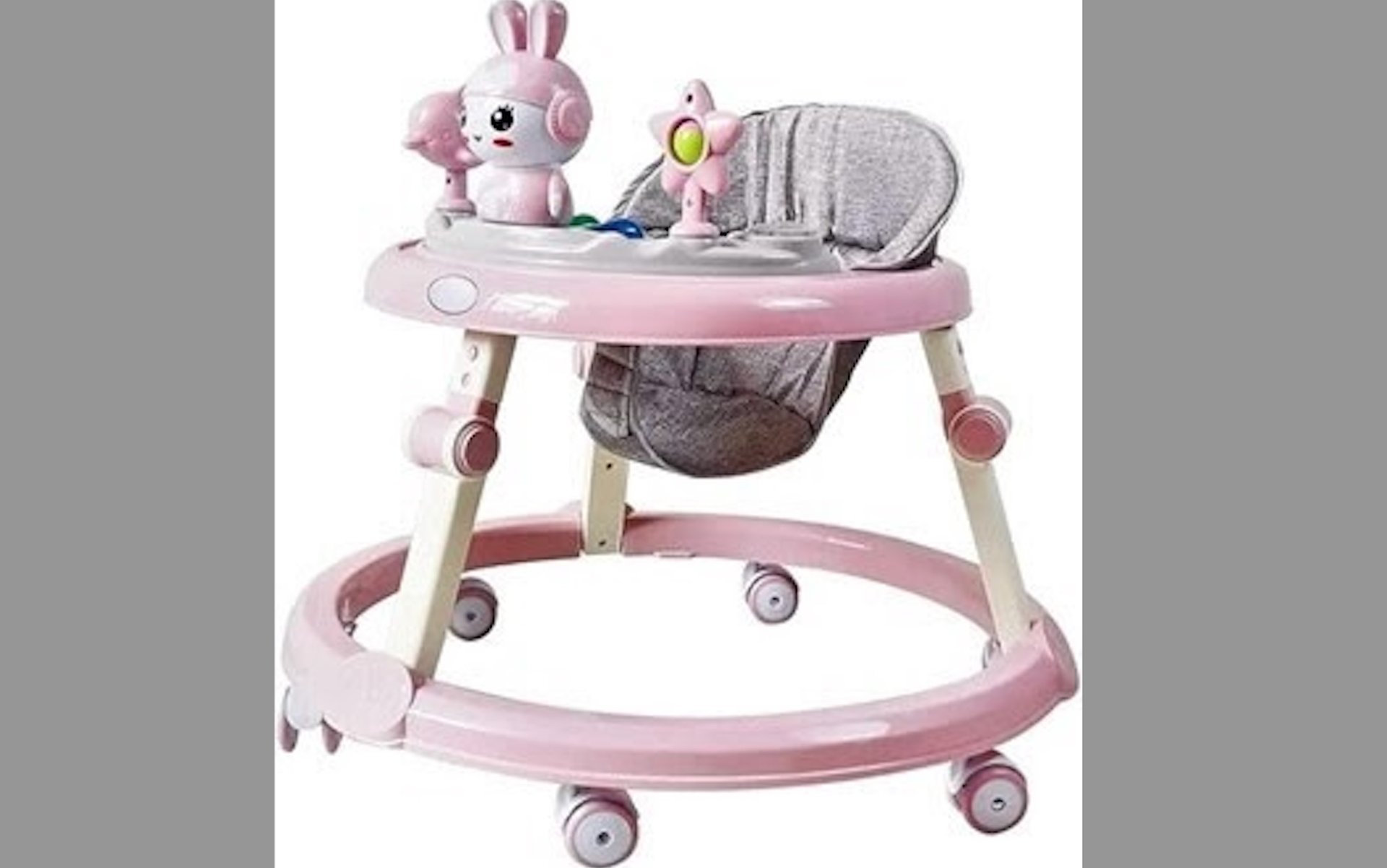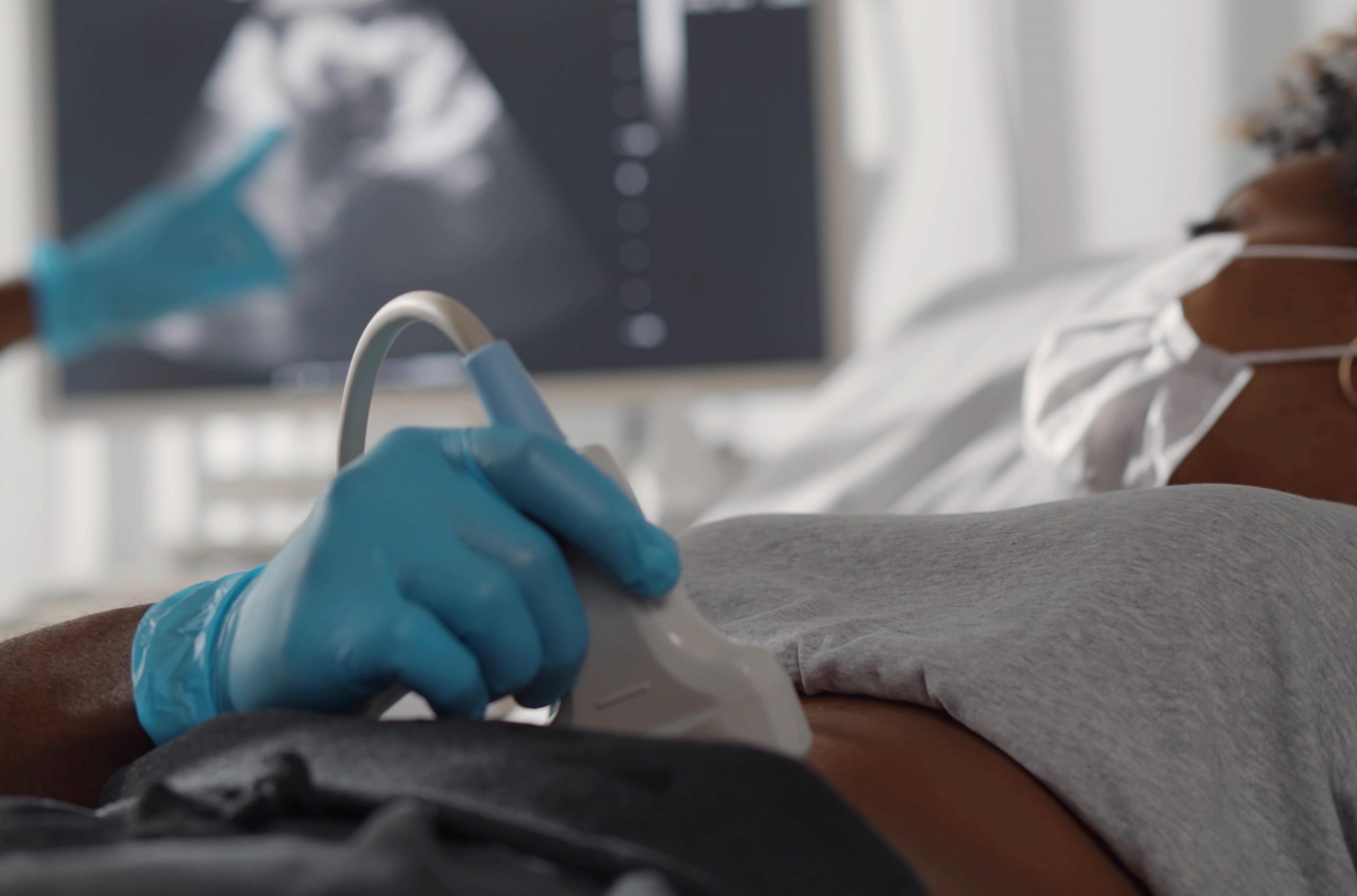
Your baby could be endangered by now-recalled Comfi Baby Infant Walkers, the Consumer Product Safety Commission (CPSC) warned Thursday. The walkers, sold on Amazon, “violate the federal safety regulations for infant walkers because they can fit through a standard doorway, are not designed to stop at the edge of a step and have leg openings… read on > read on >






























